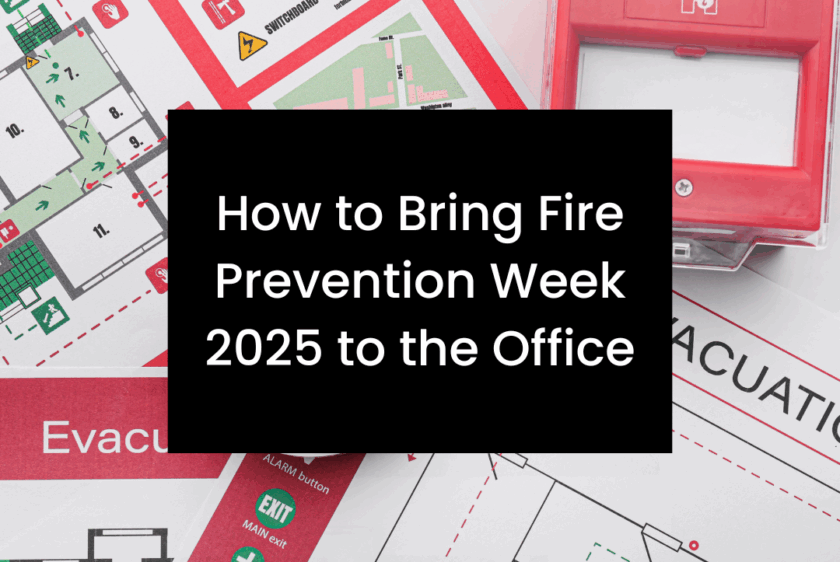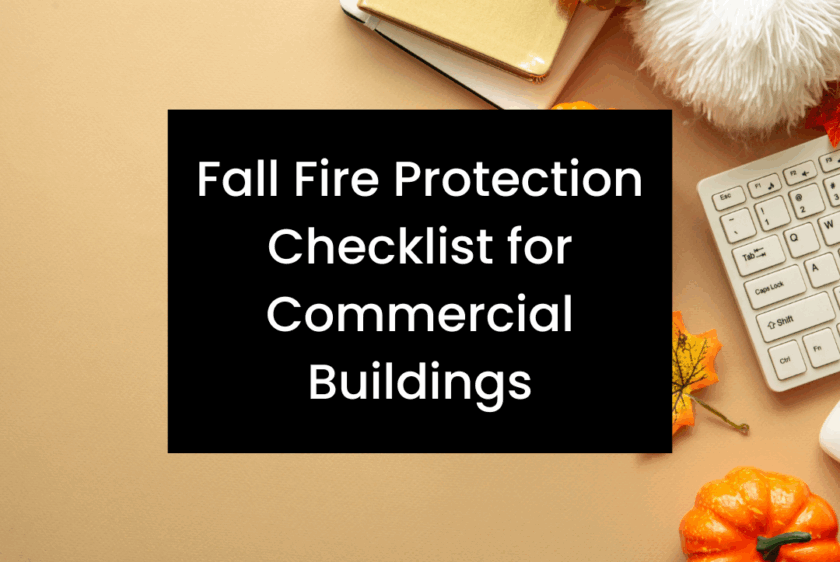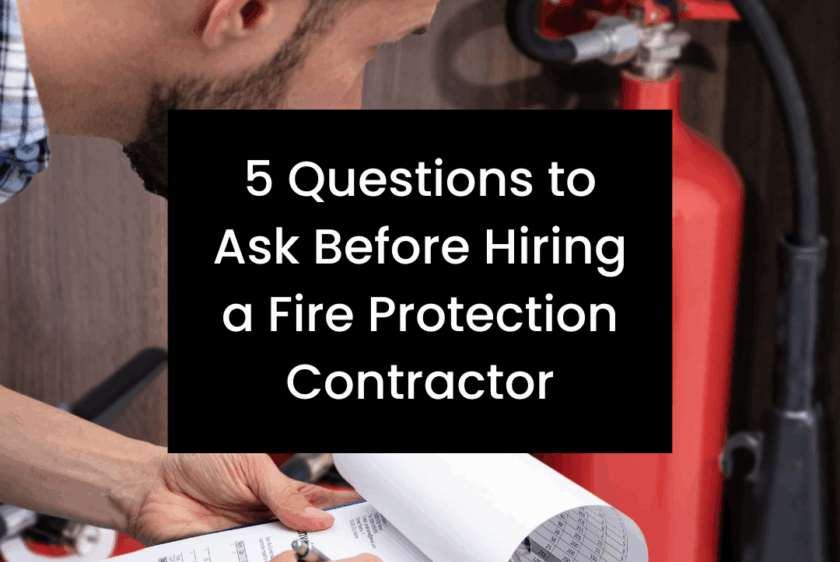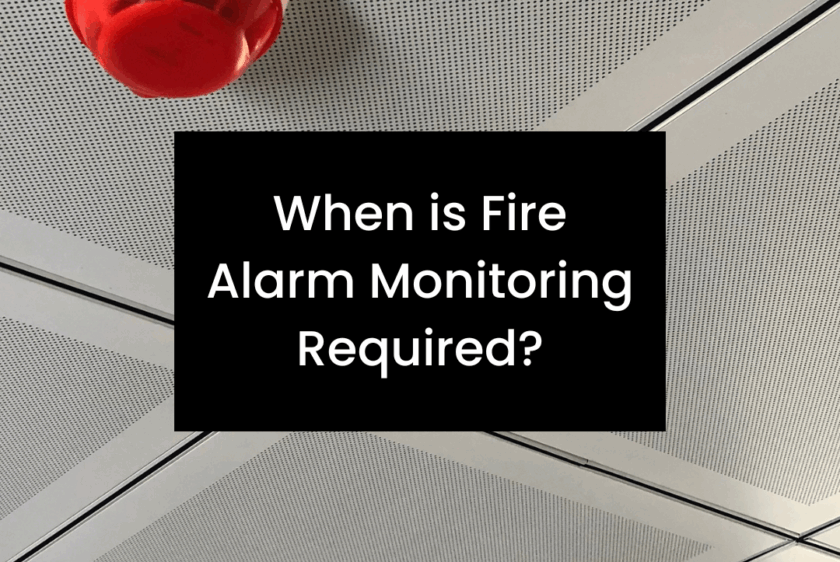How to Bring Fire Prevention Week 2025 to the Office
Prepare your workplace for Fire Prevention Week 2025 with expert tips, engaging activities, and year-round safety strategies. Strengthen your office’s fire prevention efforts today! Is your office ready for Fire Prevention Week 2025? This annual nationwide campaign is the perfect opportunity to strengthen fire safety awareness, refresh emergency preparedness, and foster a culture of safety...















